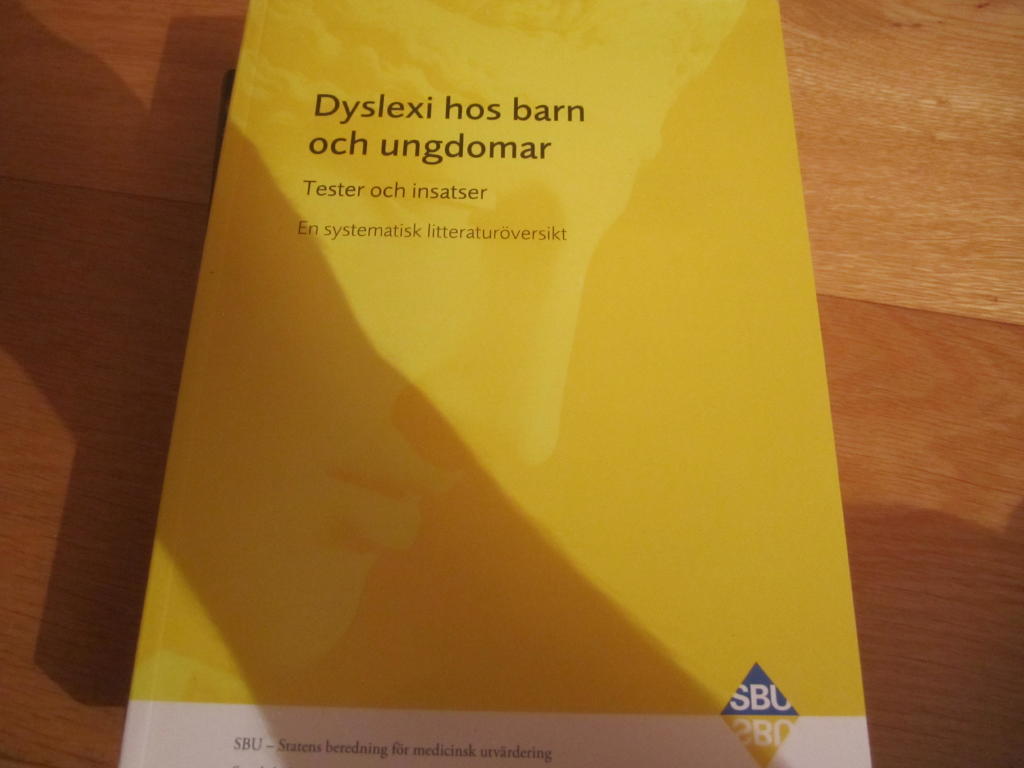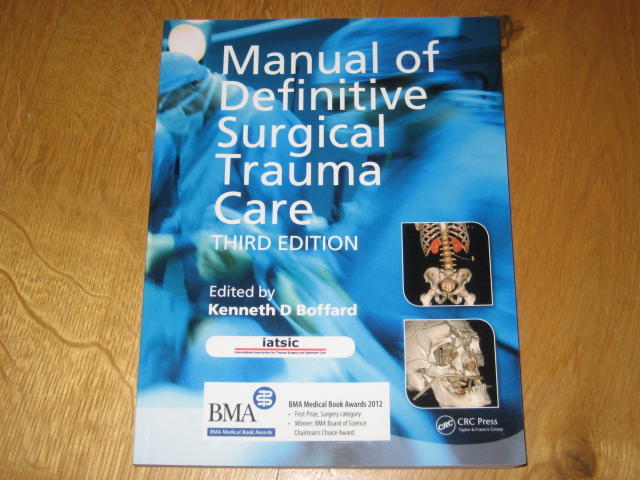
hereditary risk factors for stroke in humans
Häftad bok.
Nyskick. lund university. 2012. Häftad. 24x17cm. 350 gram. Nära nyskick. Background Stroke is a serious vascular disorder that comprises intracerebral hemorrhages, subarachnoid hemorrhages and ischemic stroke (IS). The etiology of stroke, including hereditary components induced by cellular mechanisms, is therefore a research field of vital importance. The aim of this thesis was to assess possible genetic impact on stroke risk. We thus evaluated family history of stroke-related individual traits as well as allelic variations in selected candidate genes. Methods Association studies, primarily of Lund Stroke Register data, were fundamentals in the analyses in order to find possible genetic association with stroke risk. Hereditary risk factors, based on family-history data and candidate gene studies, were considered. Statistical methods for assessing the data, including basic chi-square tests of two-by-two tables as well as various logistic regression approaches and meta-analysis applications using the DerSimonian-Laird method, were used. TOAST subtypes of ischemic stroke were considered when available. Also, 25 coronary artery disease (CAD) susceptible SNPs from various genetic loci were joined together in risk scores and tested against IS risk by logistic regression. Results Paper I: The prevalence of stroke or TIA among first-degree relatives may affect the proband?s stroke risk (odds ratio, OR=1.74; 95% confidence interval, CI: 1.36-2.22), especially when considering mothers and offsprings (OR=2.04; 95% CI: 1.30-3.20). No such association was seen at all between spouses. Papers II-III: SNP rs12188950 was significantly associated with IS in Paper II (OR=0.72; 95% CI: 0.58-0.91; N=1324), but not in Paper III (OR=0.93; 95% CI: 0.83-1.05; N=4692) where a different sample representing an analogous Swedish population was used. Paper IV: SNP rs4977574 on chromosome 9p21 was related to IS risk (OR=1.12; 95% CI: 1.04-1.20) and large vessel disease risk (OR=1.36; 95% CI: 1.13-1.64). This genetic effect of chromosome 9p21 on IS was however already known. None of the other 24 SNPs or compiled risk scores were significant. Conclusions and discussion Significant transmission of stroke from parents to offsprings but not between spouses suggests a genetic inheritance component. But, for SNPs representing some particular carefully selected genes, the findings regarding possible impact on IS were not that clear: Ambiguous results were obtained, many significance tests were also negative. Moreover, we could not generally find significant associations between SNPs susceptible for CAD and IS risk. Subject Medicine and Health Sciences Keywords candidate genes, allelic association, case-control, family history, ischemic stroke, polymorphisms. ISBN/ISSN/Other ISSN: 1652-8220 ISBN: 978-91-87189-26-5 Supervisor Arne Lindgren Supervisor Peter Höglund References References Part of Prevalence of Stroke and Vascular Risk Factors among First-Degree Relatives of Stroke P
Förlagsfakta
- ISBN
- 9789187189265
- Titel
- Hereditary risk factors for stroke in humans : association studies with emphasis on familial and genotypic factors
- Författare
- Lövkvist, Håkan
- Förlag
- Lund : Department of Clinical Science, Lund University
- Utgivningsår
- 2012
- Språk
- English
- Baksidestext
- Diss. (sammanfattning) Lund : Lunds universitet, 2012










